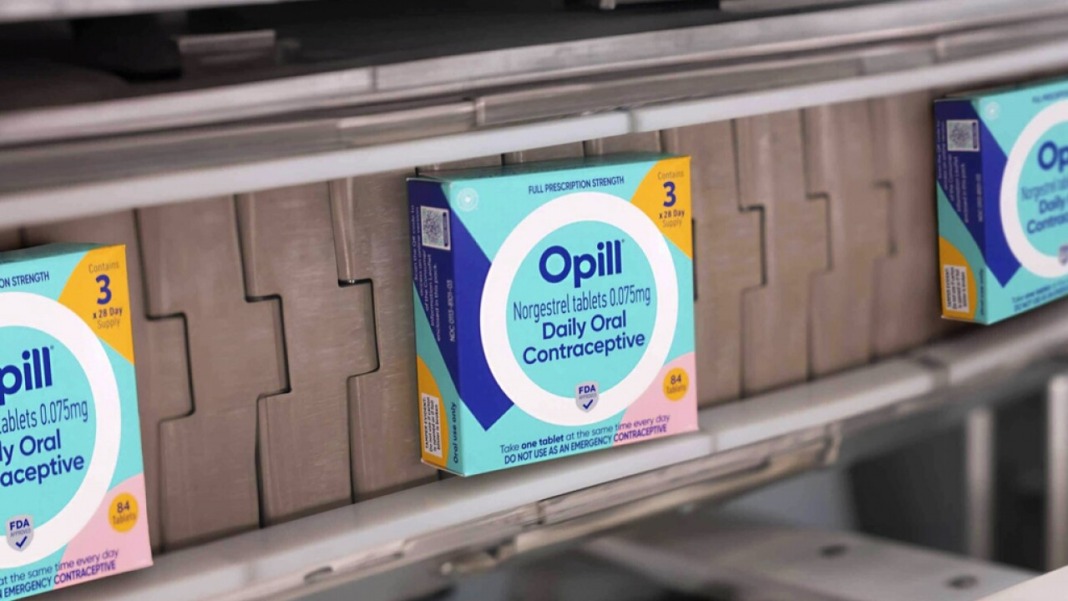In a move to improve reproductive health in the United States, women now have unprecedented access to birth control pills without the need for a prescription or health insurance. Opill, the first oral contraceptive approved by the US Food and Drug Administration (FDA) for over-the-counter use, has made its debut in major retail chains such as CVS, Walgreens, and Walmart.
Opill’s availability represents a significant shift in how individuals access contraception, offering convenience and autonomy like never before. Matt Blanchette, a spokesperson for CVS, announced the product’s introduction, stating that it is now accessible through CVS.com and the CVS Pharmacy app, with plans to stock it in over 7,500 CVS Pharmacy stores nationwide. Similarly, Walgreens began offering it in late March, with spokesperson Samantha Stansberry highlighting its availability both in-store and online for customer convenience. Walmart has also joined the fray, making it available on its website with plans for in-store availability in early April.
The introduction of Opill has been met with anticipation since the FDA’s approval, with many individuals eager to explore this new avenue for birth control. Despite initial delays in distribution, it is now making its way to store shelves and online platforms, promising accessibility and affordability. Perrigo, the company behind Opill, has set a suggested retail price of $19.99 for a one-month supply and $49.99 for a three-month supply, with additional savings available for those purchasing a six-month supply through Opill.com.
It’s affordability is a crucial factor in ensuring equitable access to contraception. A survey conducted by the Kaiser Family Foundation (KFF) in 2022 revealed that a significant percentage of women expressed willingness to pay for over-the-counter birth control pills, with it pricing aligning with these expectations. Moreover, under the Affordable Care Act, most insurance plans are required to cover birth control with no out-of-pocket cost, providing further avenues for access.
Recognizing the financial barriers that some individuals may face, Perrigo has launched a cost assistance program to provide Opill at reduced or no cost for eligible consumers. Dr. Raegan McDonald-Mosley, CEO of Power to Decide, a nonprofit focusing on sexual and reproductive health, lauded the initiative, emphasizing the importance of ensuring equitable access to contraception for all individuals.
Opill’s formulation, utilizing progestin as its primary hormone, sets it apart from traditional combination hormonal birth control pills. Dr. Colleen Denny, director of family planning at NYU Langone Hospital-Brooklyn, highlighted Opill’s efficacy and patient-centered approach, emphasizing its potential to empower individuals in managing their reproductive health.
The availability of this pill without age restrictions further enhances its accessibility, allowing individuals of reproductive age to make informed choices about their contraceptive needs. With Opill now readily available in pharmacies across the country, individuals have greater autonomy and control over their reproductive health decisions, marking a significant milestone in the ongoing efforts to promote reproductive autonomy and access to essential healthcare services.
The introduction of Opill represents a significant advancement in reproductive health care in the United States, offering individuals greater convenience, affordability, and autonomy in accessing contraception. As it becomes more widely available, it promises to empower individuals in making informed decisions about their reproductive health, ultimately contributing to improved health outcomes and greater equity in access to essential healthcare services.



